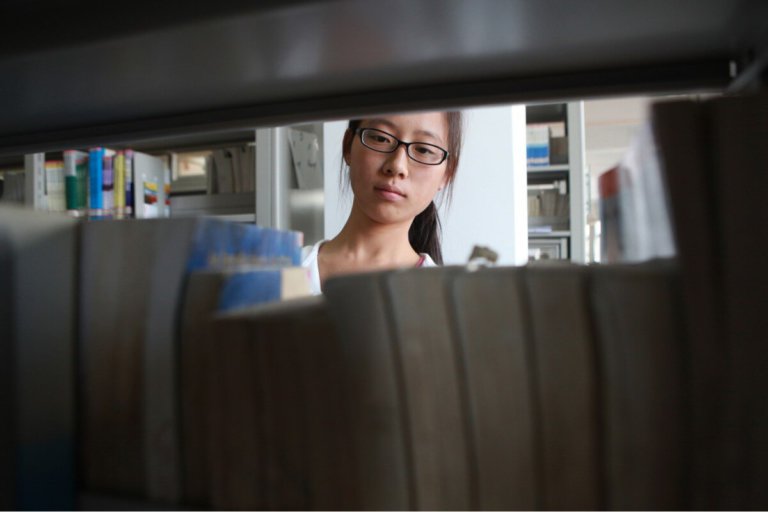
Due to the growing tensions between China and the US, universities in other countries are seeing more applications from Chinese international students.
While the US used to be a major competitive player in the international student market, the country heavily relied on students from China. Previously, Chinese students made up approximately a third of the international student population across the nation.
Feeling that they are unwelcome and facing unnecessary scrutiny due to the China-US trade war and tightening visa regulations under the Trump administration, one of the countries they are choosing instead is the UK.
The number of Chinese students who have applied for admission to British universities have overtaken applications from Northern Ireland for the first time ever.
According to The Guardian, “Applications from Chinese students to study at UK universities have gone up 30% since last year, with numbers exceeding those from Northern Ireland for the first time, according to official statistics.
“The UCAS university admissions agency revealed on Thursday it had received almost 20,000 undergraduate applications from students in China this year (19,760, up from 15,240 in 2018), compared with 18,520 from Northern Ireland.”
UCAS said applications from China for 2019 soared 30% to 19,760 – accounting for about 3% of the total overall applications which rose from 636,960 to 638,030. Non-EU students typically pay two or three times the level of domestic fees. https://t.co/hhsrQwGTa3
— Chief-Exec.com (@Chief_Exec_com) July 11, 2019
The report noted that the actual figure is higher as not all Chinese international students apply via UCAS.
Even before tensions grew between China and the US, the UK was attracting more Chinese students than ever before. In the last decade, the number of Chinese international students in the UK has more than doubled.
According to the Higher Education Statistics Agency (HESA), there were 43,530 Chinese students in the UK. A decade later, the numbers went up to 106,530.
Universities minister, Chris Skidmore, said, “International students bring huge cultural and economic benefits to the UK. These figures show we are making good progress in our ambition to open up world-leading higher education to anyone who has the potential to benefit from it and I’m confident that we can go even further.”
Clare Marchant, UCAS Chief Executive, said, “The global appeal of UK higher education has never been clearer, with record demographic-beating application rates in England and Wales, and the steep rise in international applications, especially from China.”
The Guardian also revealed that the University of Manchester has the most Chinese international students in the whole of Europe. With 5000 Chinese students out of a total of over 40,000, one in eight students at this university are from China.
Richard Cotton, Director of Student Recruitment and Outreach at Manchester, told The Guardian it’s partly due to football and partly due to the Chinese president Xi Jinping’s visit to the National Graphene Institute (NGI) at the University of Manchester in 2015.
Meanwhile, the US is aware of the drop in applications and is making attempts to rectify the damage that has been done.
We Must Support Chinese International Students https://t.co/qy8J90778V RT @sal_consoli
— Multilingual Matters (@Multi_Ling_Mat) July 9, 2019
According to the ECNS, ” Acknowledging the importance of Chinese students and scholars on their campuses, universities and colleges in the United States are working hard to reassure Chinese students that they are welcome despite mixed signals from Washington that have raised concerns among current and prospective students.
“US President Donald Trump delivered a welcoming message during his June 29 meeting with President Xi Jinping when he said that there are many excellent students in China and that he always welcomes Chinese students to study in the US, Xinhua News Agency reported.”
Liked this? Then you’ll love…
How are Chinese students being affected by the US-China trade war?
Chinese international students now looking for other study abroad options







